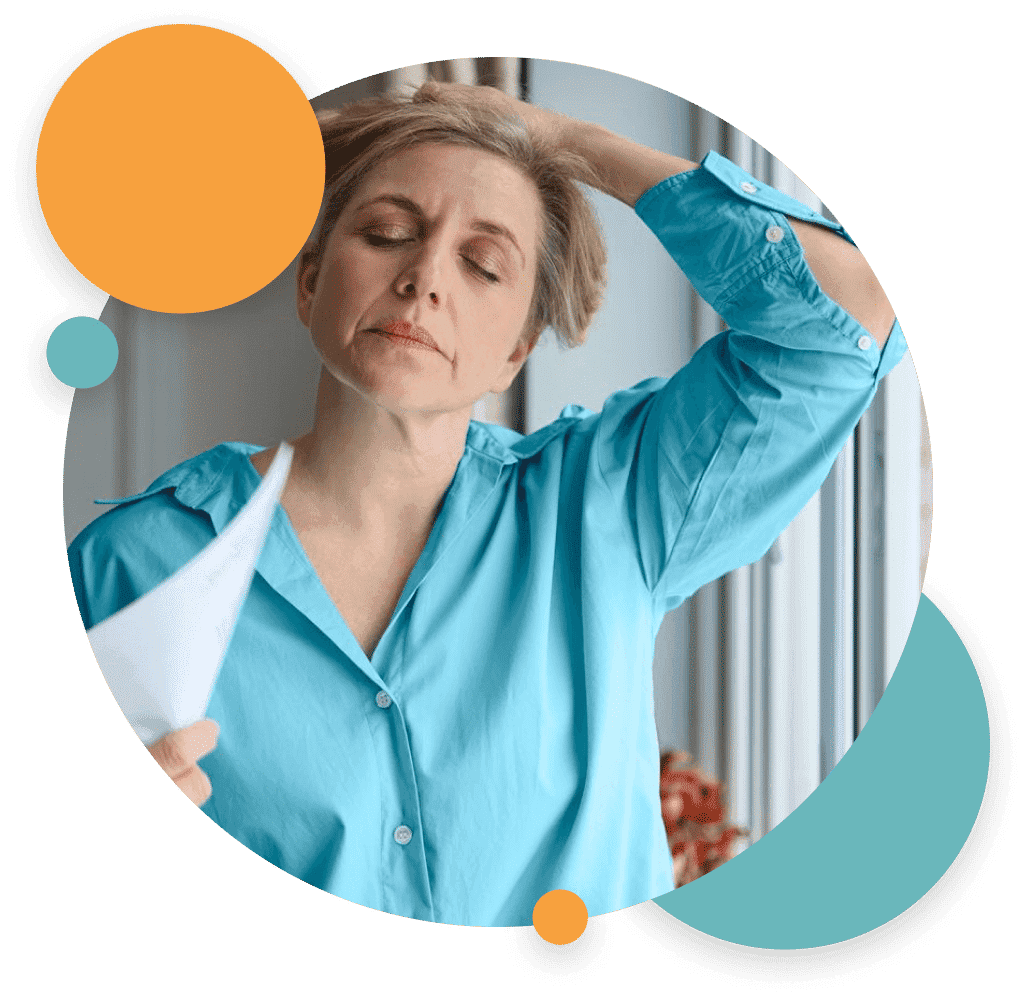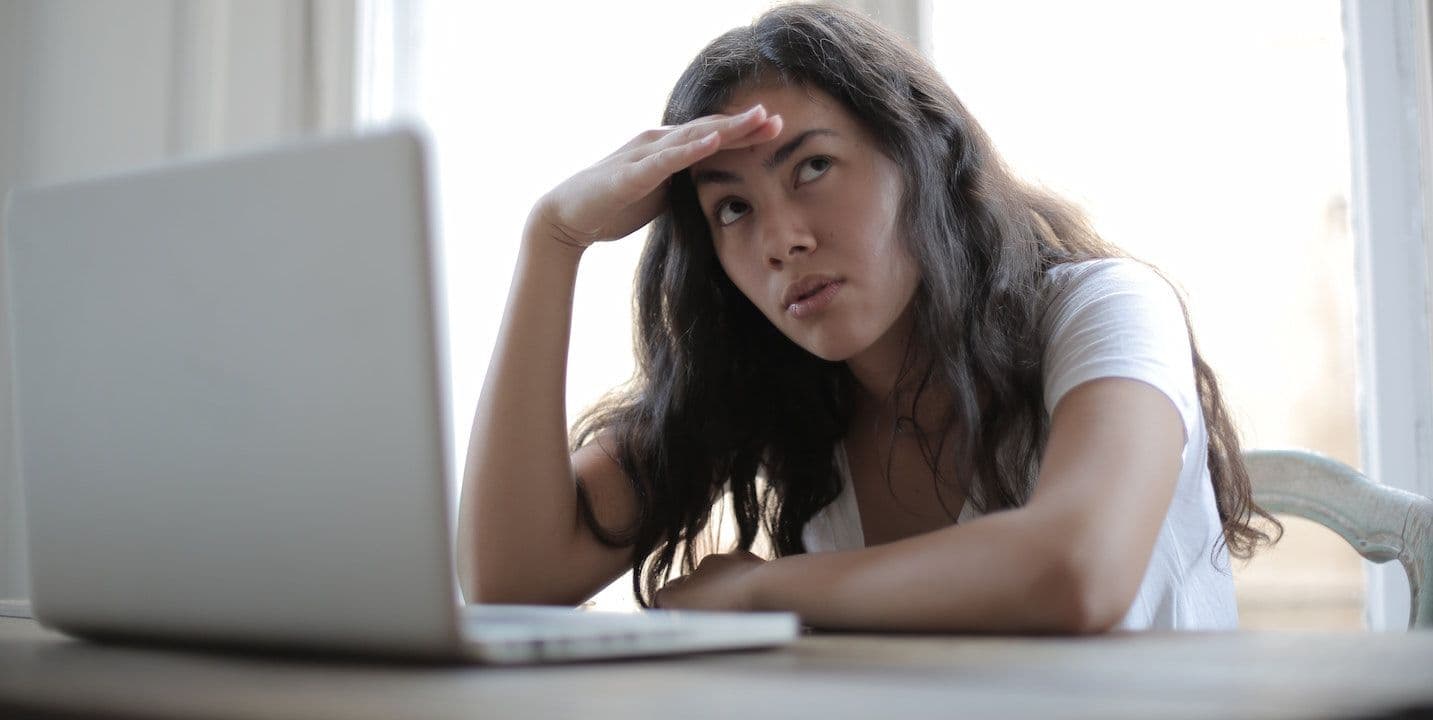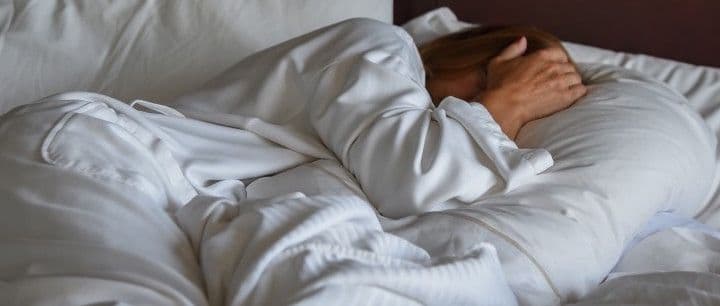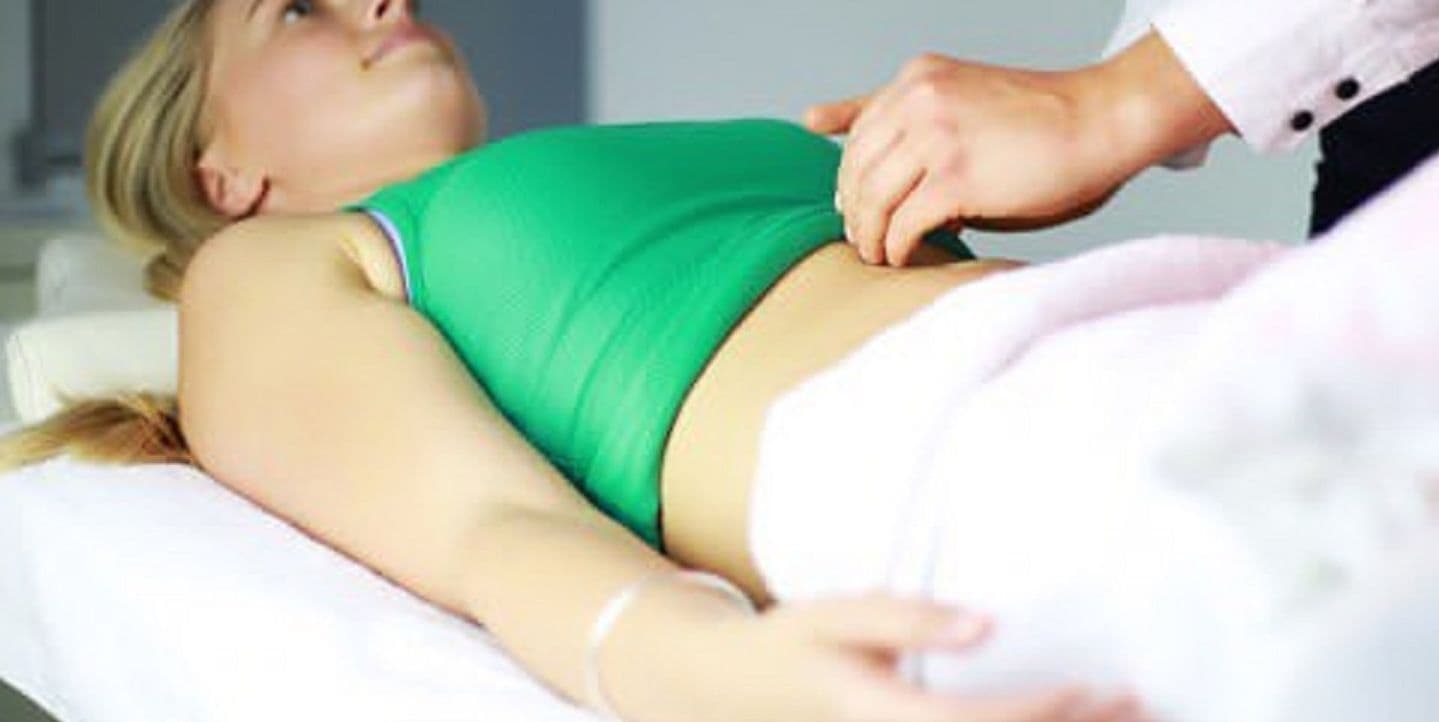Remedies for Loss of Bone Mass
Menopause
Obie Editorial Team

As the female body ages, estrogen levels decline and so does bone mass. After menopause, the sheer lack of reproductive hormones can increase the decline in bone mass resulting in osteopenia and osteoporosis. Women who want to stop bone mass decline have several options.
Hormone replacement therapy
Estrogen levels are restored when women in menopause choose to take daily hormone replacement therapy. Therapy options today include patches, pills, and creams. Patches have the lowest dose of estrogen and thus tend to have fewer potential side effects. Alternative treatments and herbal remedies may decrease menopause symptoms, but they will not stop bone mass loss.
Exercise
Weight-bearing exercise significantly decreases bone loss and may even increase bone mass to counteract bone lost before an exercise program was started. Aging women start losing bone mass in their late 20s. After menopause, the decline speeds up. If postmenopausal women are active with 30 minutes of weight-bearing exercise like hiking, jogging, and dancing most days of the week, bone mass can often be regenerated.
Vitamin supplementation
Most people living in the United States are grossly deficient in Vitamin D. Major cereal manufacturers are just catching wind of the problem and vitamin D enriched cereals are now becoming a popular choice among children. Vitamin D should be taken in conjunction with calcium when in menopause. Calcium is the building block of new bone mass and when proper supplementation is combined with daily exercise the effect can be astounding.
Drink milk
Children learn early on in life that milk builds strong bones. As we age, lactose intolerance or a sheer dislike for the taste of milk can reduce our dairy intake. Milk and yogurt are great sources of vitamin D and calcium and even with supplementation, the more calcium and vitamin D the better.
Go outside
Direct sunlight causes the body to manufacture vitamin D. Glass stops the natural metabolism so sitting inside in the sunlight shining through a window will not have the same effect. People with dark skin need more sunlight exposure than those with light skin. Sunscreen also prevents the body from absorbing UV rays needed to metabolize vitamin D. While using sunscreen is essential, sitting outside in the early morning when UV levels are lowest can increase natural vitamin D levels tremendously.
Bone mass is directly linked to menopause. Women in menopause should take daily calcium and vitamin D, exercise regularly, drink milk, and get out in the sun at least 10 to 20 minutes a day to prevent loss of bone mass.
Read More











